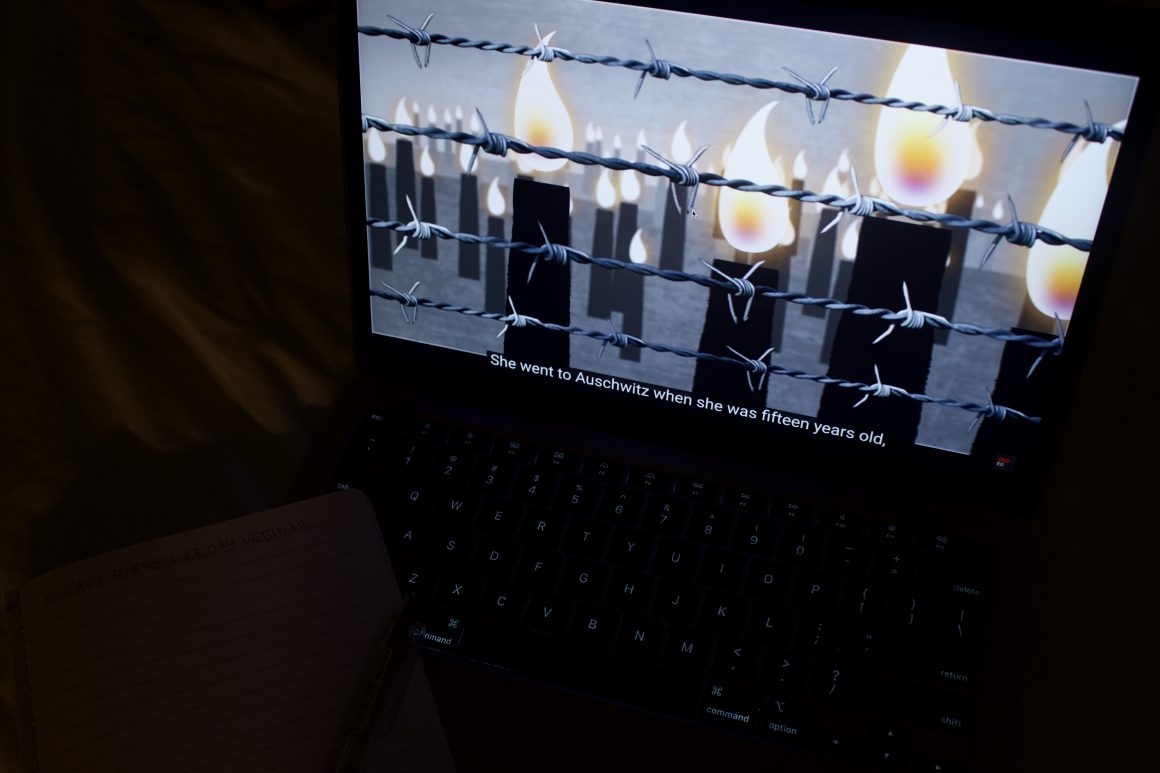
Faculty of Arts Equity, Diversity and Inclusion Committee hosts webinar on Holocaust remembrance
By Enobong Ukpong, February 11 2022—
Jan. 27 marked International Holocaust Remembrance Day. The Faculty of Arts Equity, Diversity and Inclusion Committee held an online event led by Dr. Norman Ravvin, former Chair in Canadian Jewish Studies, as well as an author and teacher of Holocaust Literature.
Ravvin discussed the changing reception of the Holocaust, as well as the different ways we currently live with its legacy.
“This is not a talk about Holocaust history,” said Ravvin. “But rather, I thought I’d approach things by way of the consideration of the legacy of the Holocaust, or more simply, the way the Holocaust has been lived with, even while it was happening, and then after the war. The point could be said to be the sense of changing legacy, and the way these things have developed in different audiences and in different ways.”
Ravvin started the talk by emphasizing that Jewish people before the war, contrary to popular belief, lived quite normal lives before the Holocaust. He highlighted the story of his own ancestors, who lived in Poland before the onset of World War II.
“The thing that I tend to start with when I teach Holocaust literature is the insistence that the story shouldn’t begin with Jews as victims,” said Ravvin. “But rather it should begin with them living their lives as they would have been without the onslaught of war.”
Ravvin described the language and literature often used to describe the Holocaust, describing how the common terms we use, such as “holocaust” or “genocide” often originate from ancient Hebrew or the Bible. He also details how commemorative acts, monuments and literature shape the way view the Holocaust today.
“The thing that I thought as I prepared this today Is that we’re often hearing that we must remember, that the point is to remember,” said Ravvin. “But sometimes a new way in to the material associated with the events allows for different kinds of surprising ways of remembering.”
Ravvin has recommended reading books by Holocaust survivors, such as Michal Glowinski’s The Black Seasons, and literature documenting the reception of the Holocaust shortly after World War II, such as Philip Roth’s The Ghost Writer.
More events hosted by the Faculty of Arts Equity Diversity and Inclusion, visit here.
